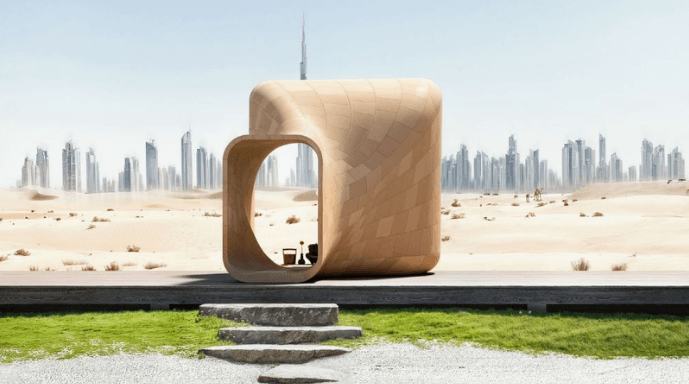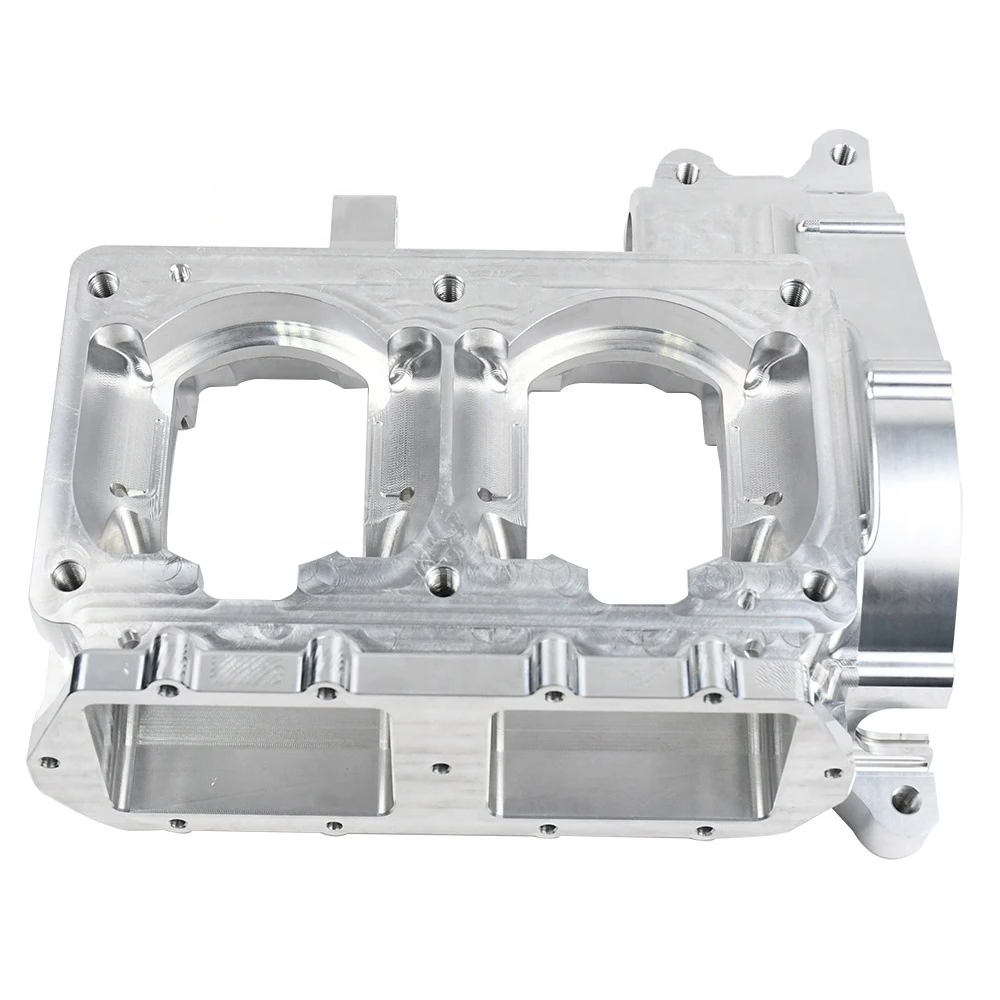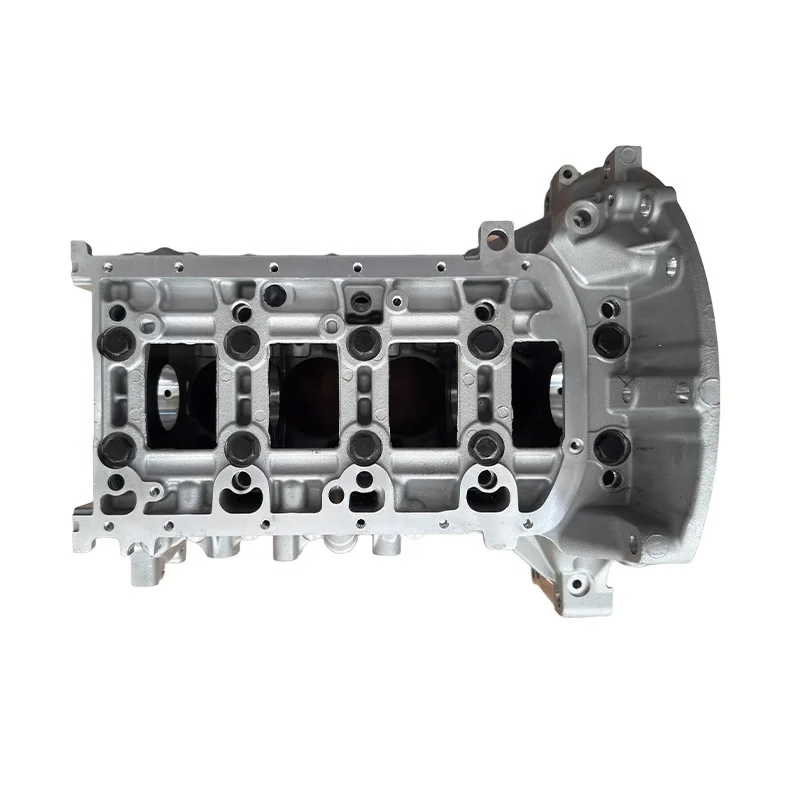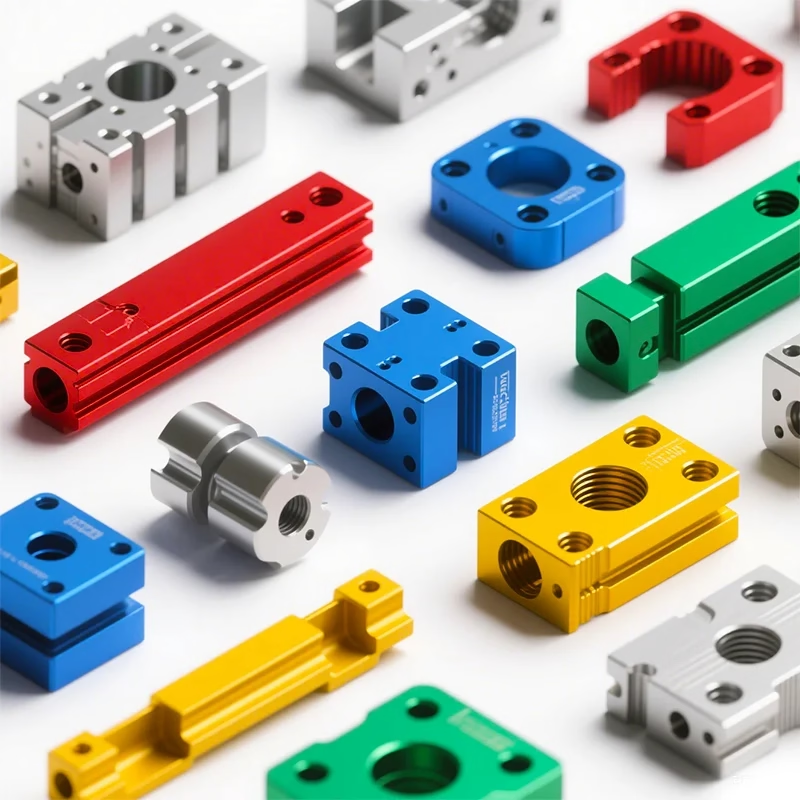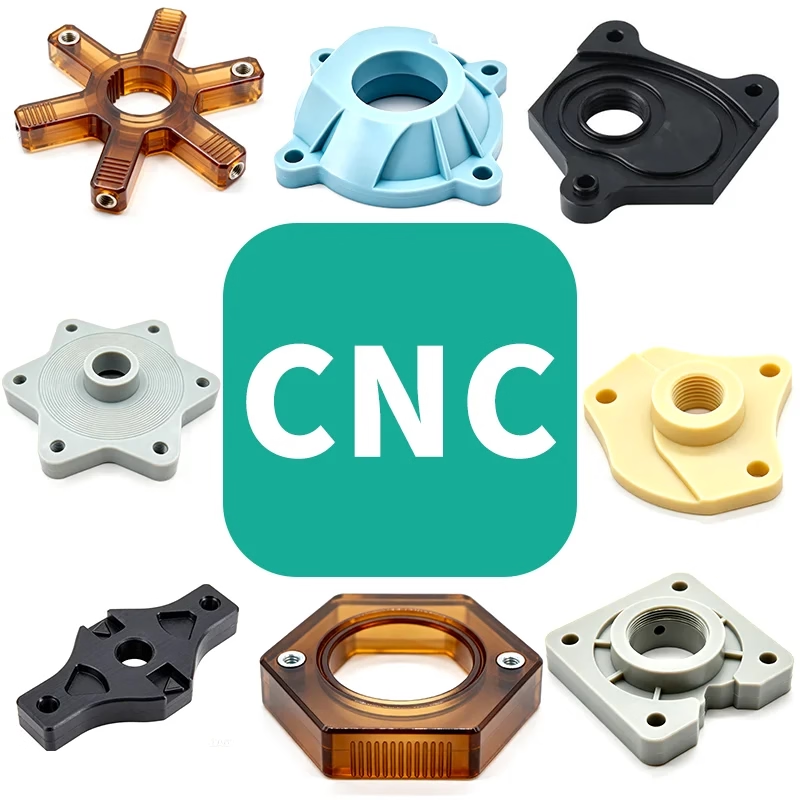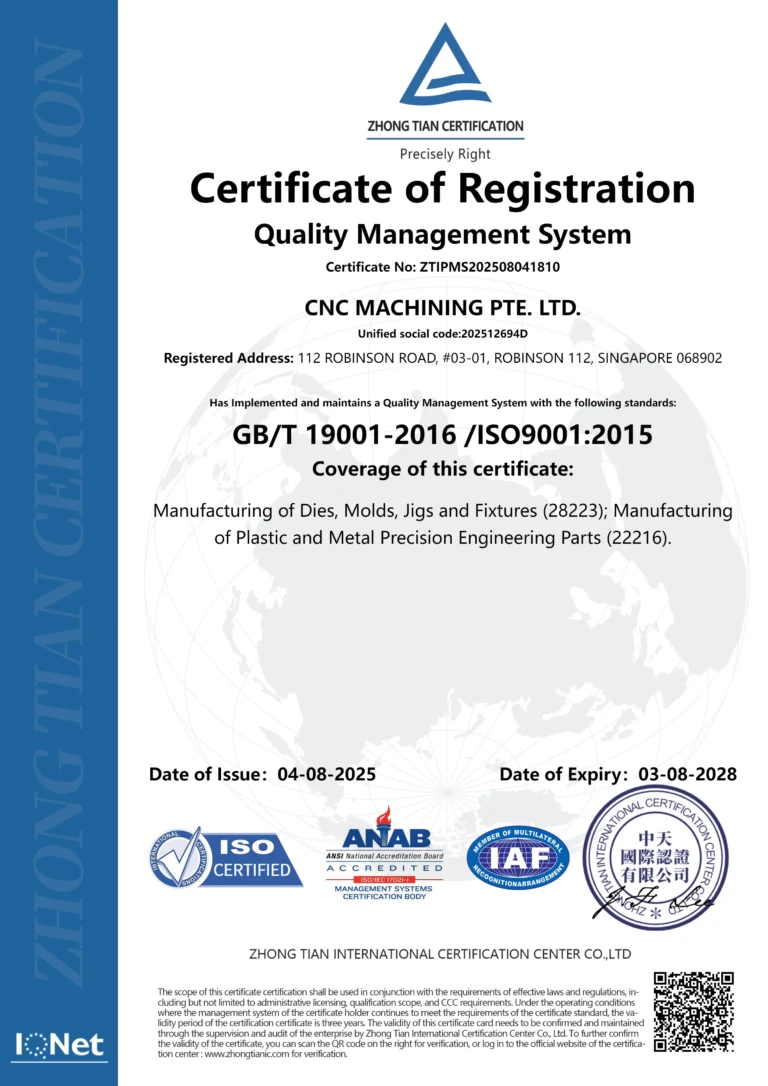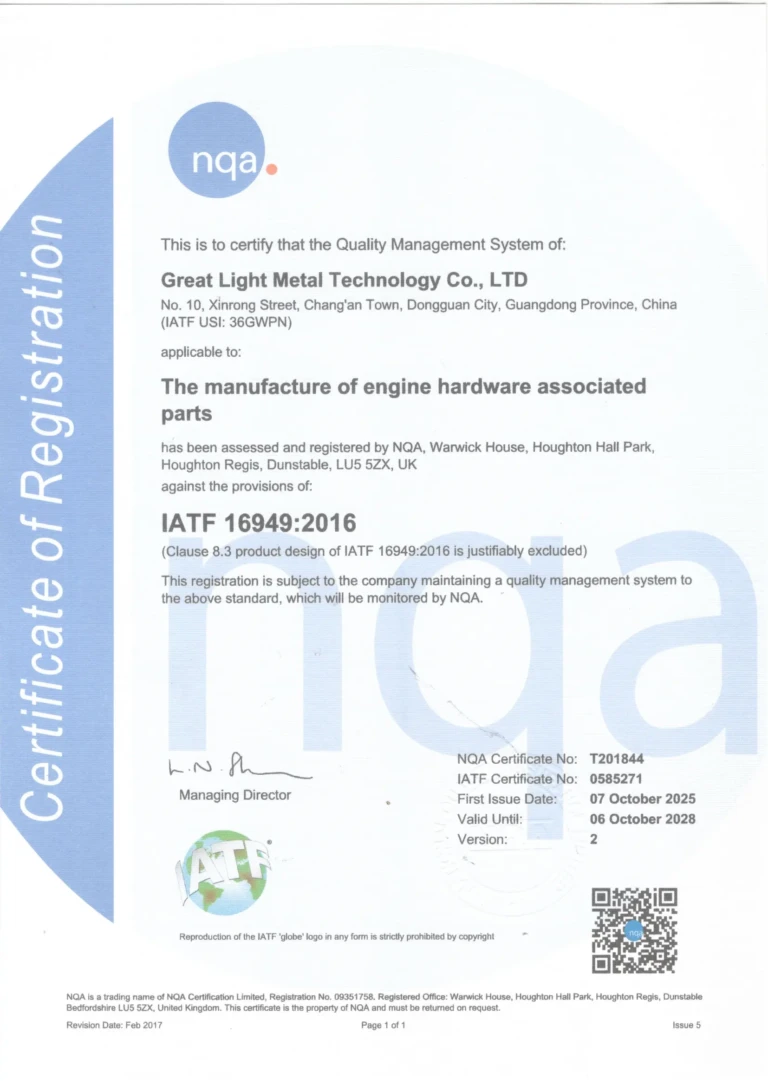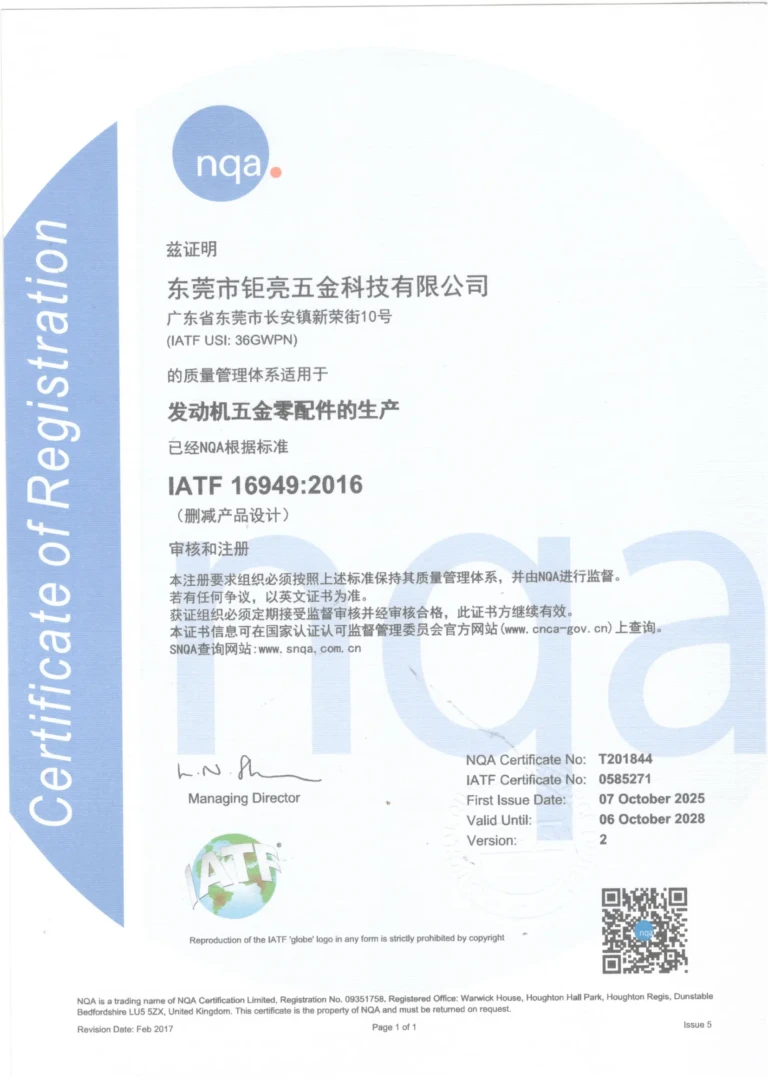During the latest edition of Dubai Design Week, the Japanese architecture studioMitsubishi Jisho Design has unveiled The Warp, a structure used as a teahouse. The installation is made from recycled wood and produced using 3D extrusion printing technology, highlighting an innovative method called “reclaimed wood”. The process covers the entire production cycle, from design to construction elements and furniture production, and is developed within their wooden design studio and laboratory.
Warp is a structure that combines traditional Japanese wood craftsmanship with 3D printing technology. The installation is made up of nearly 900 individual panels, each made from recycled wood flour, a material made from wood processing waste. The elements are then assembled using ancestral Japanese woodworking methods.
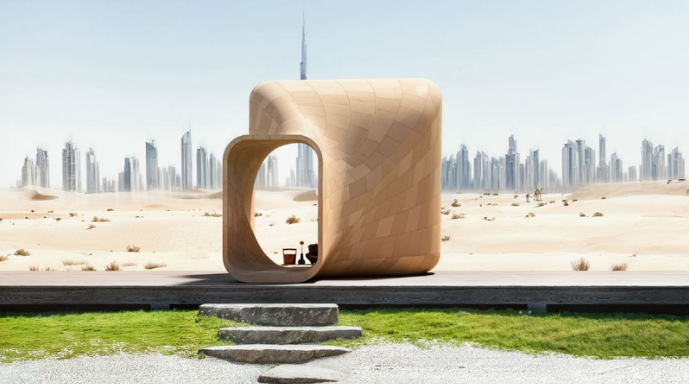
Integration of traditional craftsmanship and modern technology
As mentioned earlier, they developed a method calledAn innovative approach to “reclaimed wood” that recycles sawdust waste produced by traditional construction methods. By combining these wood residues with PLA, they produced filaments for 3D printing. This process makes it possible to create new structures and objects, giving a second life to these by-products of the cross-laminated timber manufacturing process. The design studio designed the tea room using 3D printed wooden modular tiles. Each tile has a unique shape and markings, and they fit together like a puzzle with other tiles to form a solid structure. Easy to assemble and disassemble by hand, this method makes the tea room easy to transport and reinstall to other locations. The process draws inspiration from traditional Japanese techniques, in which wooden components replace nails and screws to create elegant and durable structures.
“The subspace is more than just a pavilion; it embodies a future vision of architecture and design,” explains architect Kei Atsumi, who collaborated with Iizawa Motoya on the structure’s design. “By combining traditional woodworking techniques with advances in 3D printing, we have developed a new architectural expression. This project demonstrates how technology can revitalize ancient know-how, paving the way for a future where innovation and sustainability coexist harmoniously” Unveiled during Dubai Design Week. the teahouse invites visitors to explore Japanese heritage through an immersive tea ceremony. Inspired by the classic gazebo, it takes up the idea of a hongkou, a small opening traditionally used as an entrance. However, The Warp features a more open design reminiscent of the shape of a funnel. The designers aimed to create a welcoming space while offering panoramic views of the Dubai cityscape.
Daguang focuses on providing solutions such as precision CNC machining services (3-axis, 4-axis, 5-axis machining), CNC milling, 3D printing and rapid prototyping services.
